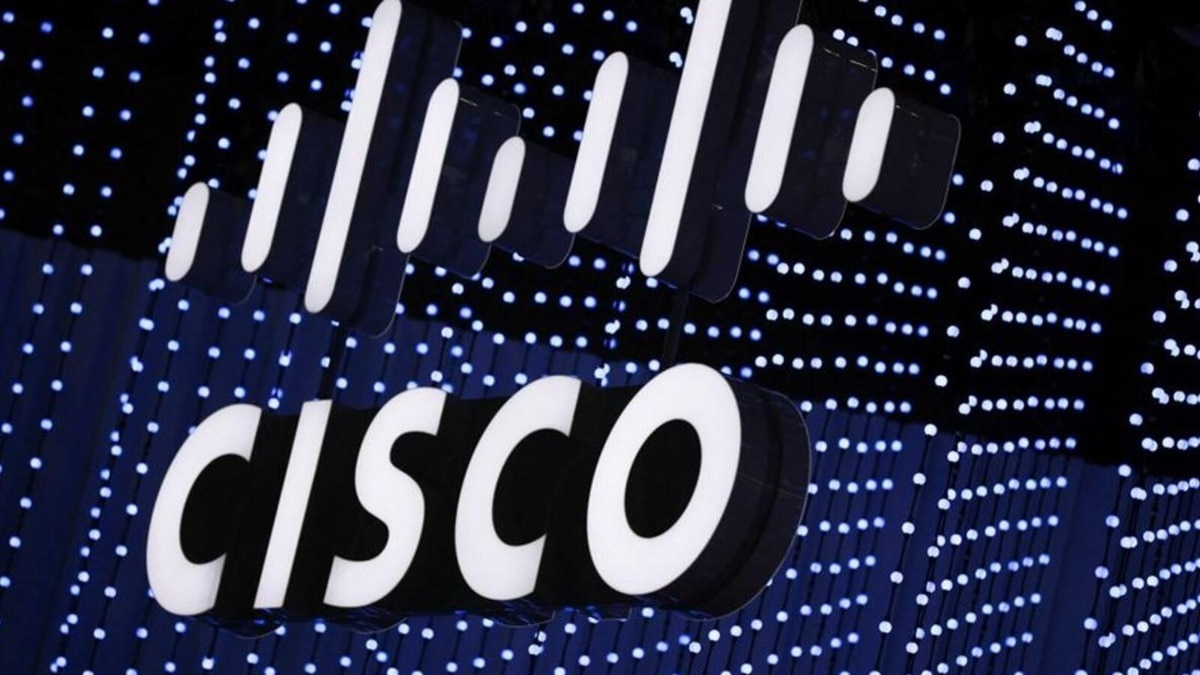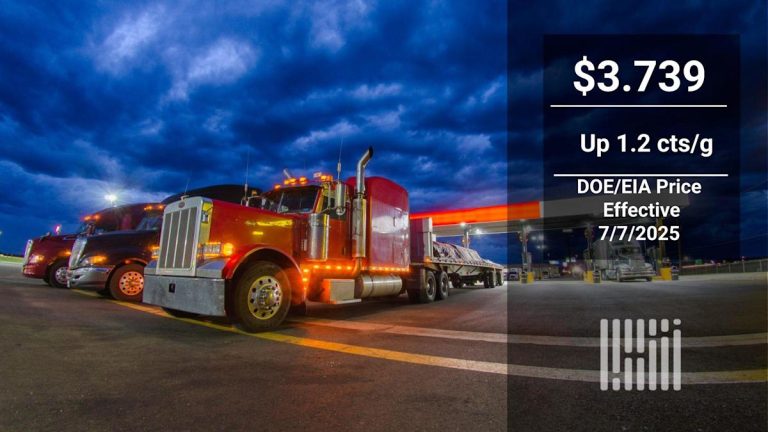During his two-day visit to India, Cisco Chairman and CEO Chuck Robbins said that the company sees India as a strategic growth hub but awaits global trade clarity before deeper investment. He said, “India now is, a viable place for us to export out of, which is great. We worked with the government to get all the licences we needed, and they were very effective at working with us to make sure that we had the capability to do what we need to do with those products. But I think the global trade dynamics right now need to sort of get settled down so we can think through what and how it impacts our longer-term plans. But obviously India is a big part.” He reinforced company’s long-term commitment to India, citing the country as one of the most promising growth markets in the world. “If you look out over the next five to ten years, I’m not sure there’s another place on the planet where you would expect the kind of growth that we should see here,” Robbins said.
On the tariffs front, Robbins said companies are adopting a wait and watch approach and have been in touch with the White House for some certainty and added that it is only when clarity emerges that supply chain strategies will get fixed up. “No chief executive wishes to be in a place where a $20-30 million dollar investment goes awry due to the tariff issue,” he said. “One of the biggest issues that CEOs have today is we just don’t know where it’s all going to land,” he added.
Cisco began manufacturing in India nearly two years ago with a single product, and has since expanded to include two more, along with printed circuit board (PCB) assembly. According to Robbins, the first product made in India is now solely manufactured and exported from the country, showcasing India’s rising role as a global supply hub.
He also highlighted that India also plays a central role in Cisco’s R&D and product development as once known primarily for its cost advantage, India is now recognized for its engineering innovation. Robbins revealed that Indian teams have been instrumental in building some of Cisco’s most strategic technologies including its contact centre solutions, overhauled firewall offerings, and core networking platforms. He said, “India isn’t a satellite site anymore, It’s part of the fabric of our global engineering.”
Cisco’s India presence also supports the company’s future in AI and cybersecurity. Recent acquisitions like Splunk have fuelled Cisco’s next-generation security platform, which aims to be AI-native, integrated deeply into the network, and capable of defending both infrastructure and AI models themselves. While organic growth remains the company’s primary strategy, Cisco remains open to acquisitions that align with its vision.
With a clear vote of confidence in India’s talent, market size, and strategic location, Robbins added, “You’ll be seeing a lot more of us here and more frequently.”






